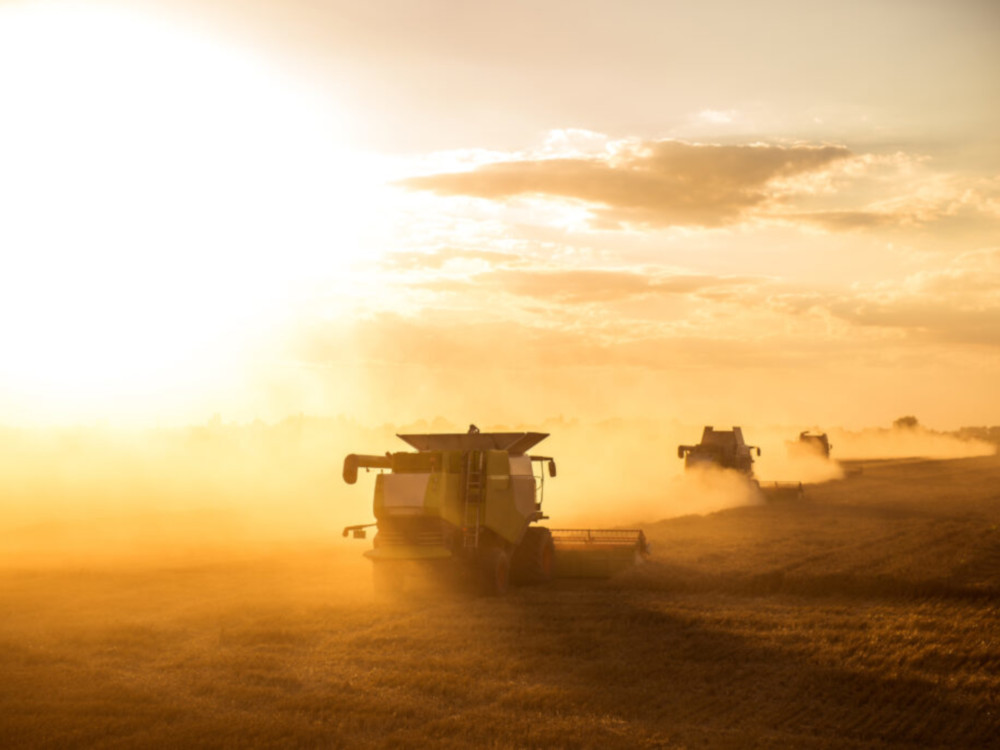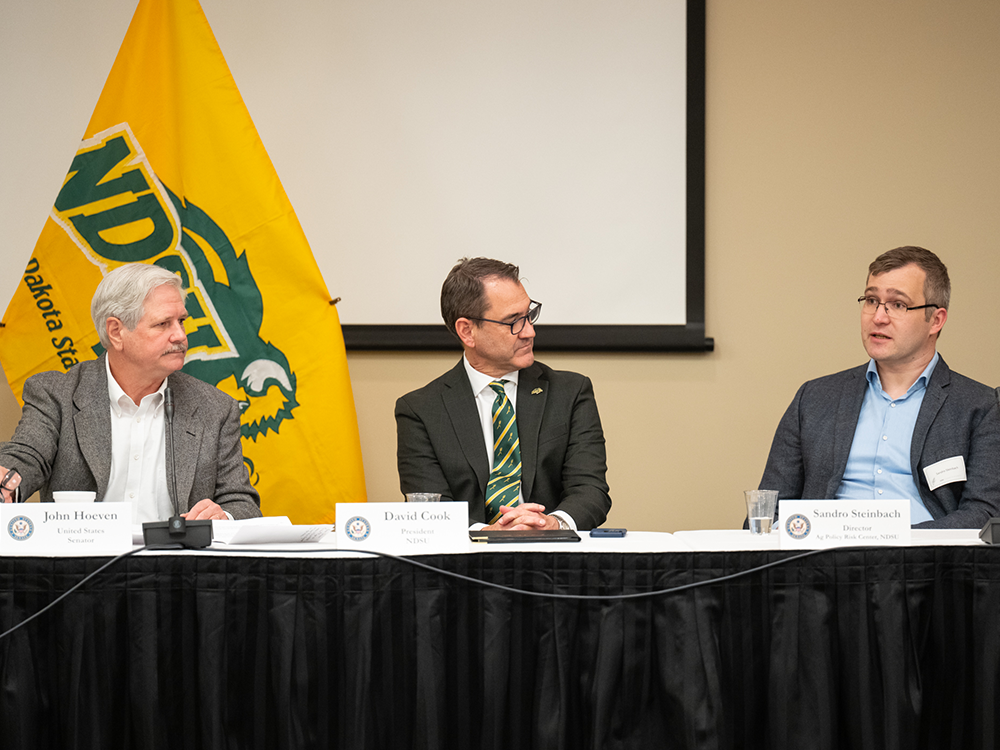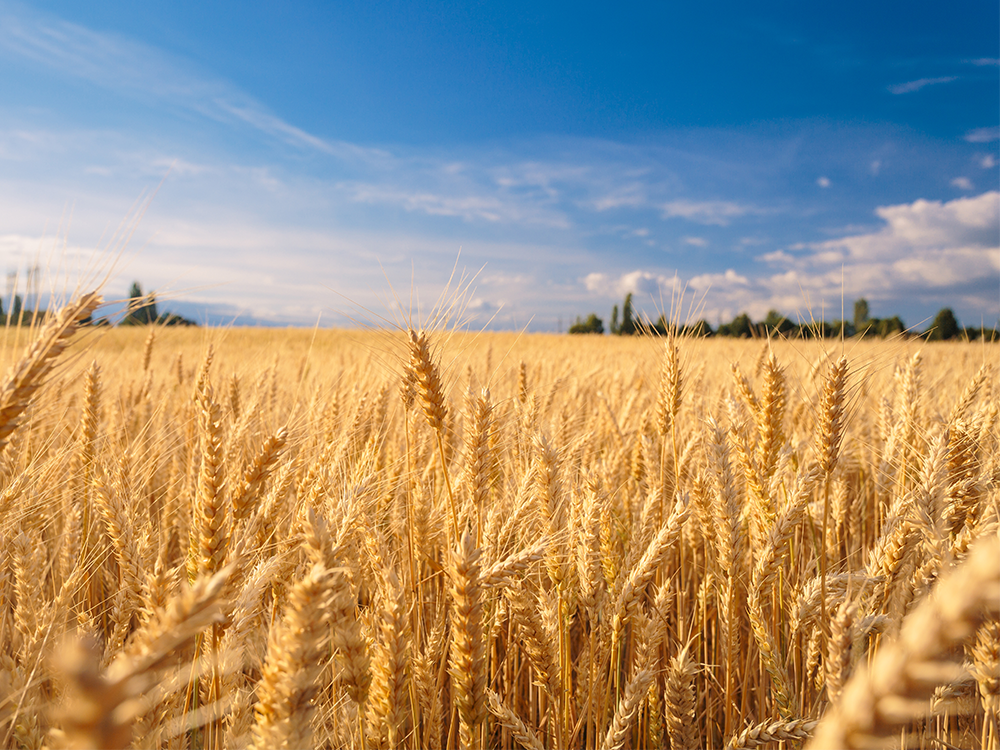In a contentious 2024 Legislative Session fraught with partisan tensions, the Minnesota Association of Wheat Growers (MAWG) activated all its available resources and worked with fellow ag groups and party leaders from both sides to notch farm-related policy wins in St. Paul.
“Overall, we were OK with how the session turned out,” MAWG President Kevin Leiser said. “We blocked some unnecessary regulations from becoming law. In our world, defending against bad policy is critical.”
Topping those defensive wins was preventing a proposed increase on fertilizer fees, which MAWG and numerous ag groups opposed.
“We didn’t feel it was fair to have our members in northwest Minnesota pay for a fertilizer problem in the rest of the state,” Leiser said. “To us, that’s just common sense.”
MAWG also worked with lawmakers and farm groups on preventing language on drain tiling registration from becoming law, along with new pesticide definitions. Bruce Kleven, MAWG’s longtime lobbyist, credited legislative leaders, including Sen. Ag Committee Chair Aric Putnam, for protecting agriculture’s interests.
“The ag groups have really established a good working relationship with Sen. Putnam,” Kleven said. “He’s really developed an interest in the industry and how it works and how it functions and how he can help it. He’s really picked up the mantle.”
MAWG did support the extension of the Agricultural Fertilizer Research and Education Council (AFREC), which was due to sunset in 2025. After much debate within the Ag Committee, lawmakers passed a five-year extension of the program, which invests a 40-cent per ton fertilizer fee toward improving soil fertility. The extension also included an expansion of the Council members, which includes representation from MAWG (Mark Jossund, chair of the Minnesota Wheat Research & Promotion Council, sits on AFREC).
In the Environmental Committee, MAWG was disappointed the supplemental bill included a modification of the definition of public waters. However, because the policy won’t take place until 2027, the ag community is intent on tweaking the bill in future sessions to create more regulatory certainty.
“We were all pretty disappointed with how that turned out,” Kleven said. “We’ll be working to change that starting in 2025.”
‘Responsive’ leadership
MAWG, which has represented wheat growers since 1975 was also heartened to see Sen. Gene Dornink, R-Browndale, propose an amendment, also supported by DFL Sen. Rob Kupec of Moorhead, that carved out an ag exemption to the safe and sick time bill from 2023. In the new language, ag employers with employees who work less than 28 days per year will no longer need to account for those employees sick and safe time.
“This will help a lot with farm employers during harvest,” Kleven said. “It was a little recognition that ag has some special circumstances.”
Kleven credited Leiser and MAWG’s annual bus trip to the Capitol in March for helping to shape lawmakers’ stances on farm policy. Having farmers explain to lawmakers how a policy impacts their farming operation and bottom line can make all the difference in legislators’ voting positions.
“The members appreciate folks taking the time to come in from their district,” he said. “They hear from them directly, and then the members get to ask them questions like, ‘How much insecticide do you use?’ And Kevin is really conscientious and puts a real effort into the position.”
Leiser added that he’s enjoyed working alongside Brian Sorenson in the months since Sorenson became MAWG executive director during the middle of the session in April 2024.
“He’s been great and responsive,” Leiser said. “Brian wants to do a good job for our members.”
In the months leading up to the Nov. 5 election, MAWG is hoping to host legislative leaders during campaign and harvest seasons and visit with candidates during Big Iron. For Kleven, the legislative off-season means keeping in contact with legislators and preparing for 2025. The entire state House is up for election, and Republicans need to flip four seats to regain the majority. While MAWG is nonpartisan and doesn’t endorse candidates, in general, farm advocacy groups typically favor split government.
“We’re happy to work with whoever is in leadership,” Leiser said, “but just seems like you get the best ideas when both parties have to work together to come up with a compromise on the issues.”
The 2025 legislative session begins Jan. 14, 2025.





